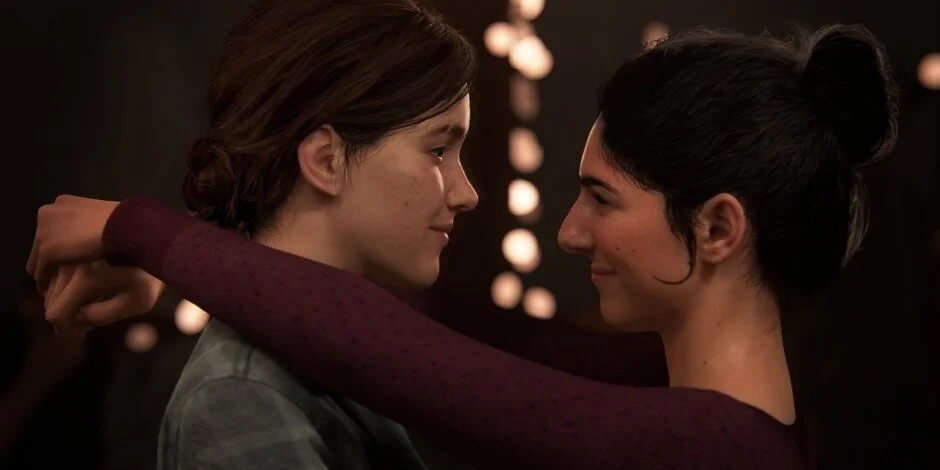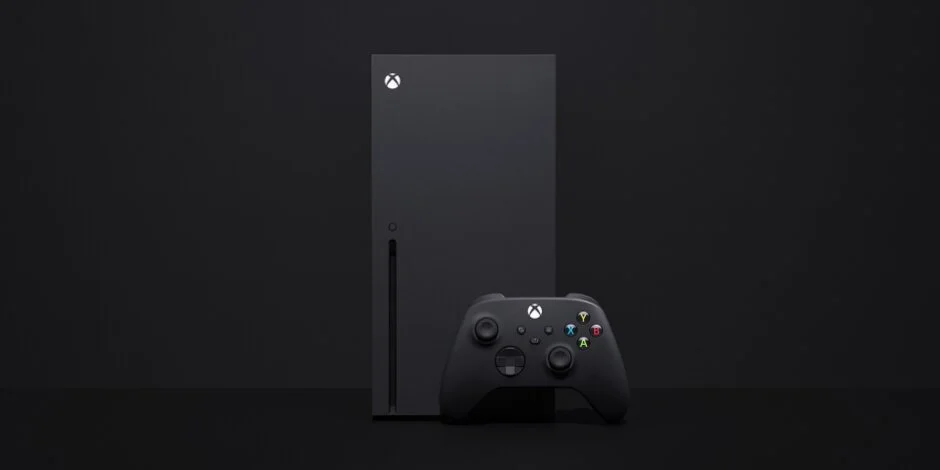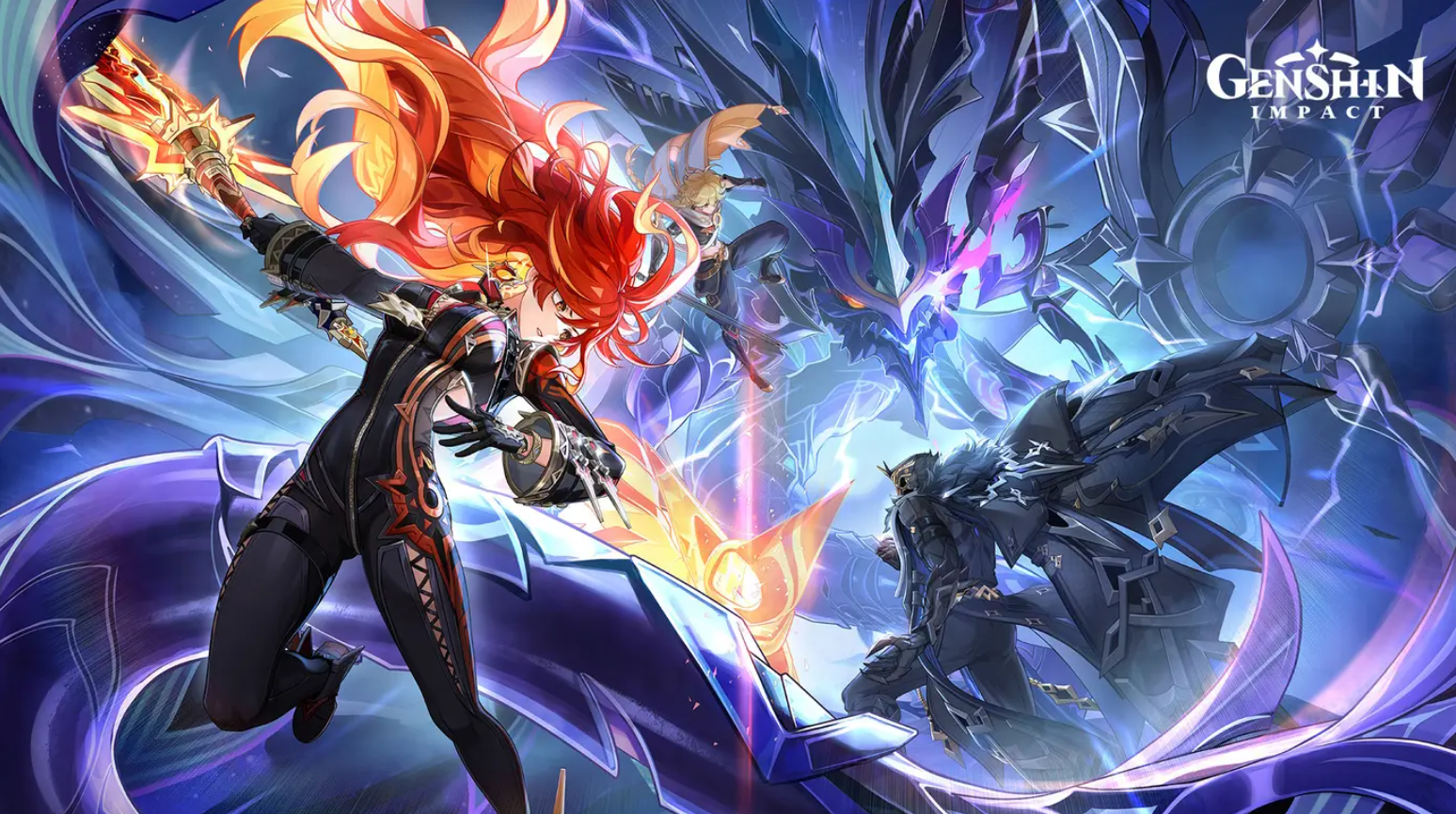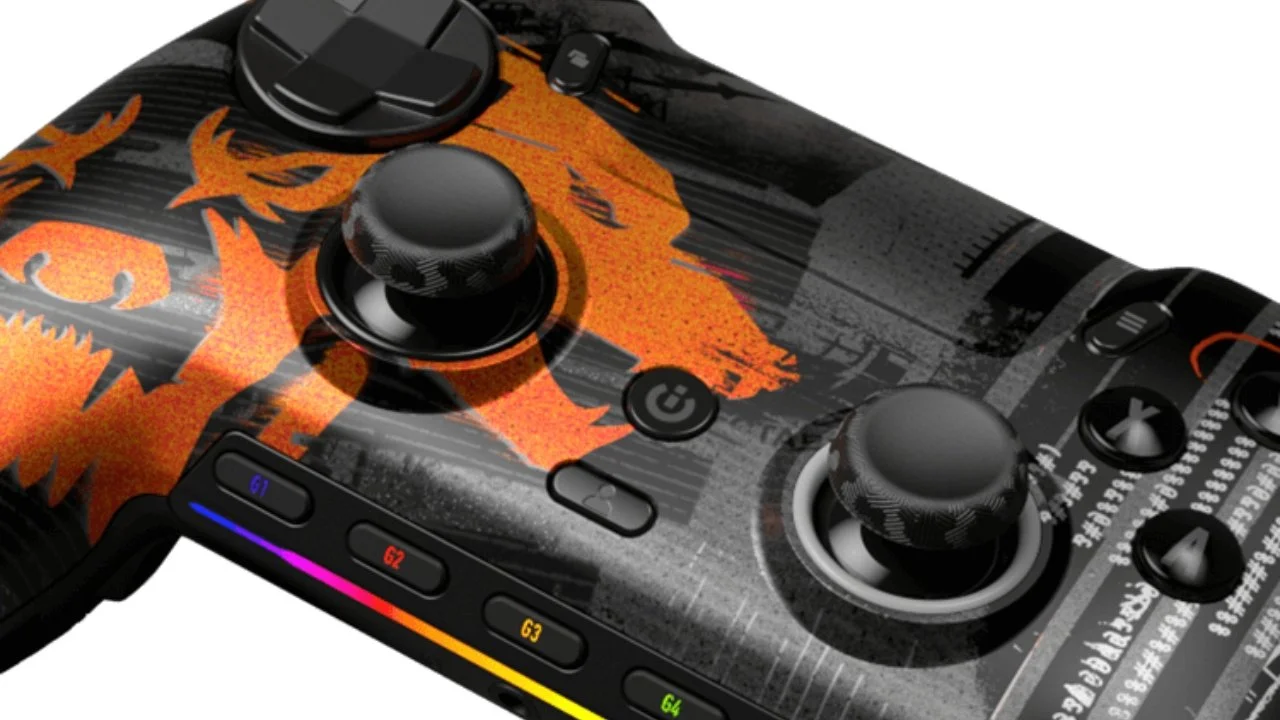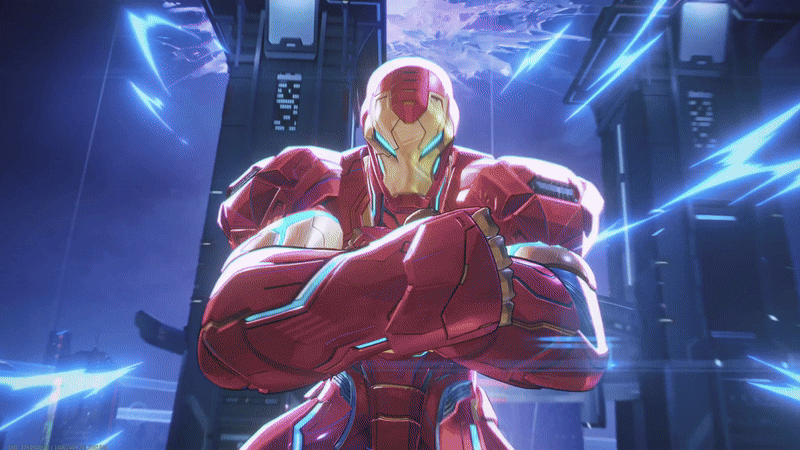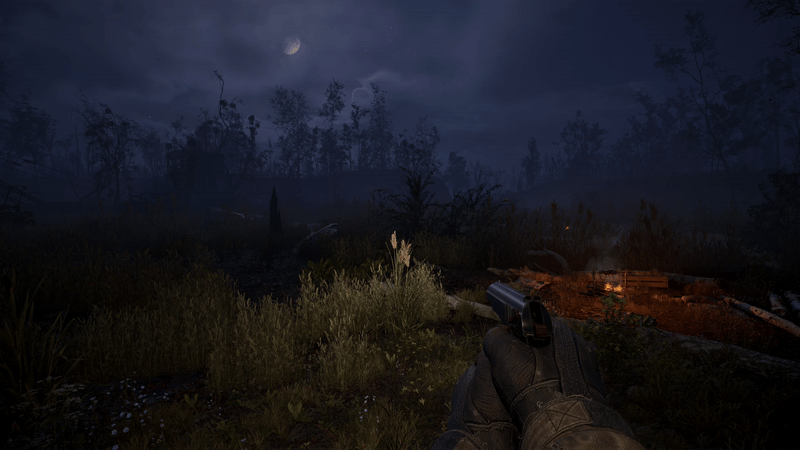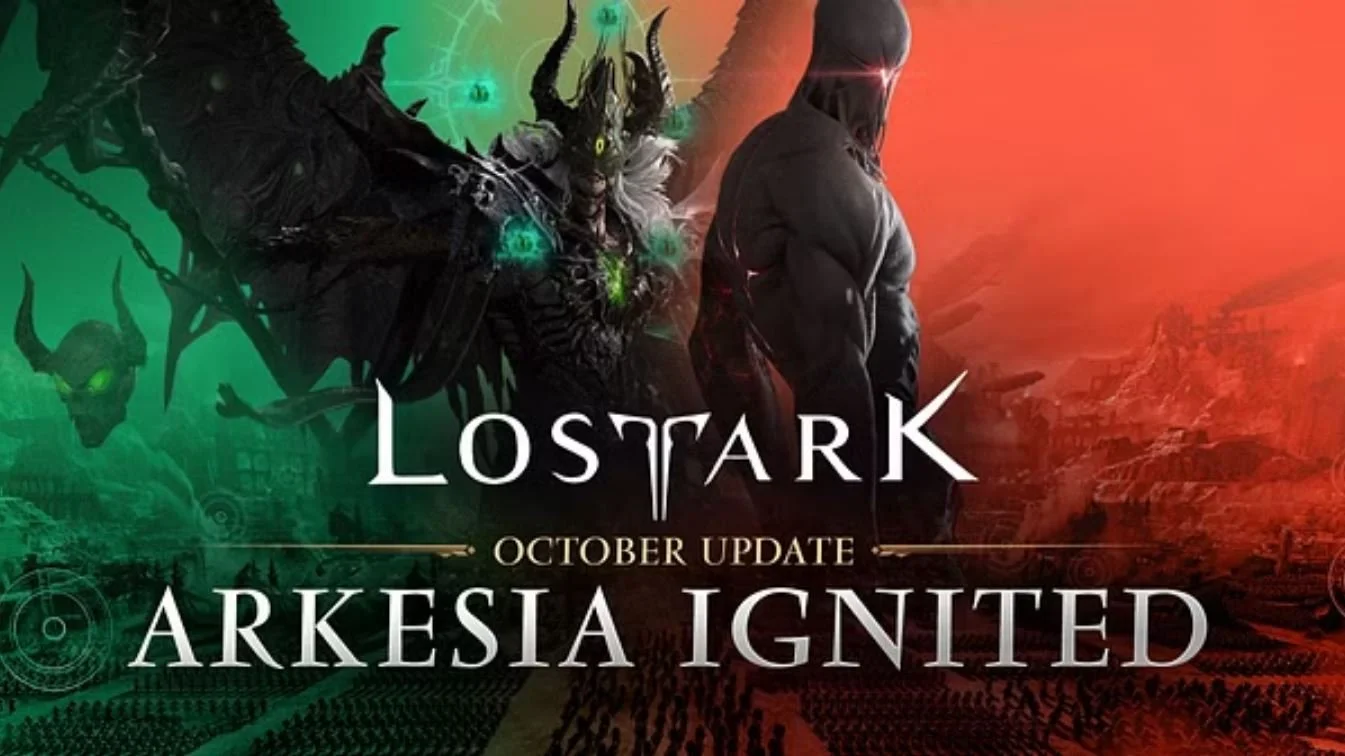Even though Pride Month is a few days behind us and the rainbow dusted images of your favorite companies have already been switched out for their regular, boring icons, that doesn’t mean that Pride goes away until next year. The LGBTQ+ community is still here and it’s still not receiving nearly as equal of representation as everyone else in entertainment.
A new study conducted by entrainment experts MrQ has found that out of the entire entertainment industry, gaming is the leading form of media that is representing the LGBTQ+ community. That all sounds well and good but when you look at the percentage, it’s not as large as it would sound. Gaming came in at only 1.9% of its characters being part of the LGBTQ+ community.
I think that this highlights a couple of things. The first being that the gaming industry is actively trying to create diverse characters and stories to better represent the gamers that play them thus being more inclusive. The second being that there’s still a lot of room that the industry has to grow into to properly represent the community.
“It’s disappointing that the representation of the LGBTQ+ community in entertainment is still so low, but sadly, it’s not surprising. Making people aware of just how limited our representation is in pop culture will hopefully demonstrate how much we still need our allies to join the continued fight for equal rights and to support more visibility of our community in mainstream media. I think it’s easy for straight people in liberal circles to think our representation is higher than 1.1% because it seems like there’s been a big increase over the past decade or two.”
That’s not to say that it won’t happen at all though. People like Phil Spencer (Head of Xbox) are becoming mouthpieces for diversity and inclusion, actively talking about creating proper representation not only in the games but in the teams that create them. Things are going to continue to grow and change for the better but until it’s at a fair place, there’s still the need to use your voice and be proactive about these changes.
A side note, games that represent the LGBTQ+ properly do exceptional and are talked about years down the line, just like any other great game. The Last of Us, Celeste, Tell Me Why, Life is Strange, and Gone Home, are just some shining examples of what’s possible when you create inclusive storytelling. So there’s no reason for the inclusion to halt or slow down.
I will admit that it’s actually pretty disheartening to see that movies and television fall so much further behind in the findings too. With television coming in at .8% and films being an abysmal .1%. Honestly? Come on Hollywood!
It just goes to show that there’s a need for all forms of entertainment to pick up the slack and create more LGBTQ+ inclusive stories as well as hire those of which who can bring those stories to life properly.
Be sure to check out the full article on the MrQ site as it breaks down their findings further.
